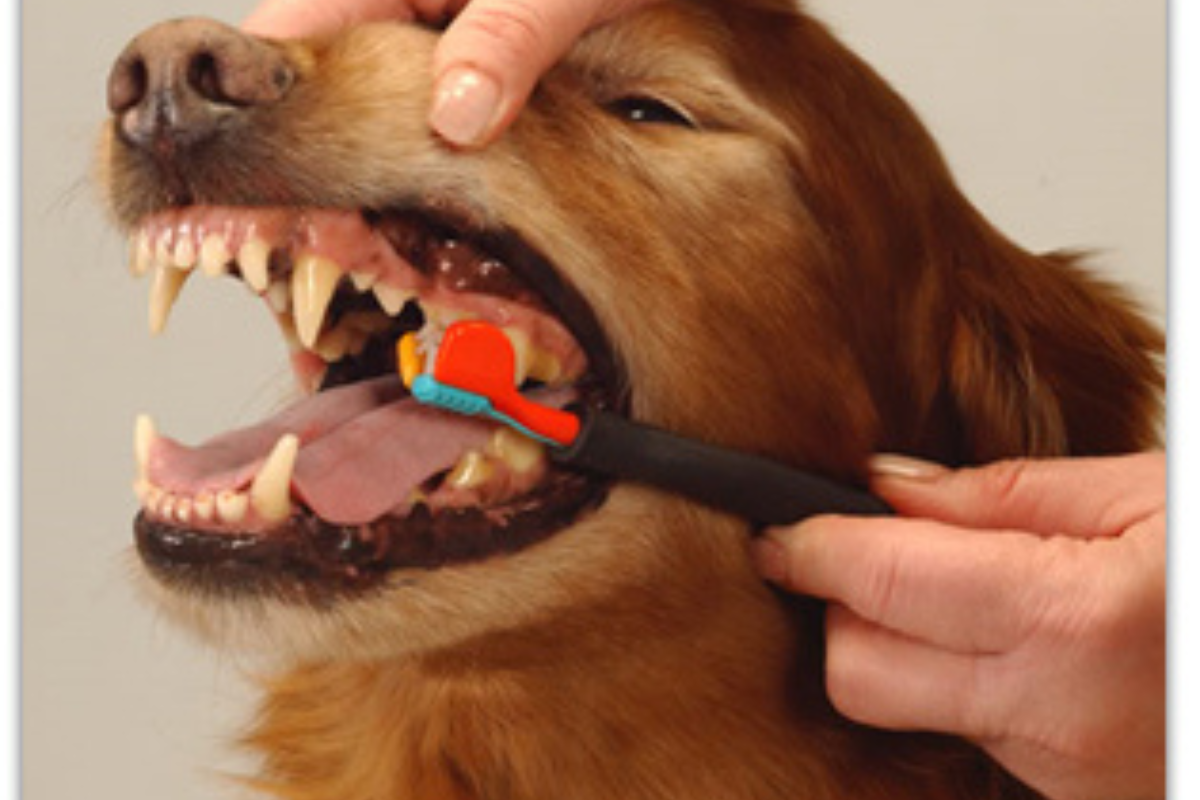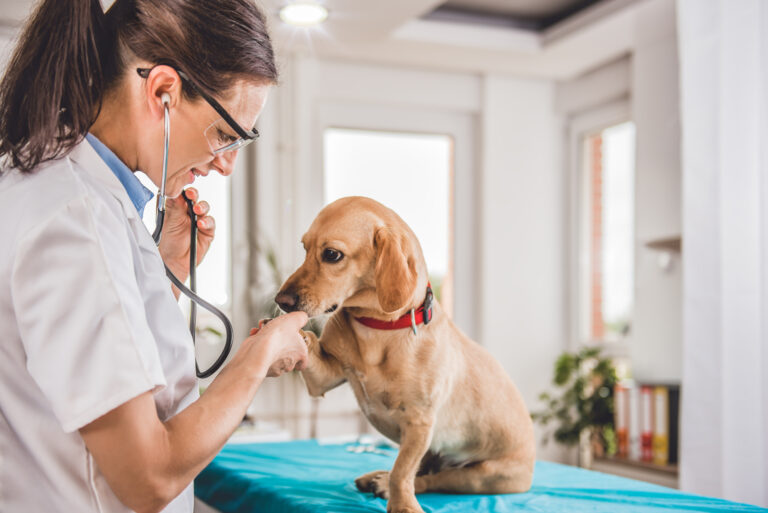How to Take Care of Your Dog’s Teeth: A Guide for Pet Owners
This post may contain affiliate links, meaning if you decide to make a purchase via my links, I may earn a small commission at no additional cost to you. You can read our full affiliate disclosure by clicking here.
As a pet lover, you already know that your furry friend’s health is a top priority. One aspect of pet care that often gets overlooked is dental hygiene. Just like humans, dogs can suffer from dental issues if their teeth aren’t properly cared for. In this blog post, we’ll explore why your dog’s dental health matters and provide you with practical tips to keep those pearly whites in tip-top shape.
Why Dental Health Matters for Dogs:
Many pet owners underestimate the importance of dental health for their dogs. However, maintaining good oral hygiene can have a significant impact on your dog’s overall well-being. Dental problems in dogs can lead to pain, discomfort, and even serious health issues. Neglected dental health can contribute to gum disease, tooth decay, and even heart and kidney problems. Therefore, it’s crucial to pay attention to your dog’s teeth and gums.
Tips for Taking Care of Your Dog’s Teeth:
- Regular Brushing: Just like humans, dogs benefit from regular brushing. Use a toothbrush designed for dogs and dog-friendly toothpaste. Brushing your dog’s teeth a few times a week can help prevent plaque and tartar buildup.
- Dental Chews and Toys: There are various dental chews and toys available that can help clean your dog’s teeth while they chew. Look for products approved by veterinarians to ensure they’re safe and effective.
- Healthy Diet: A balanced diet not only supports your dog’s overall health but also impacts their dental hygiene. Opt for high-quality dog food and avoid excessive sugary treats, which can contribute to dental issues.
- Regular Vet Checkups: Schedule regular checkups with your veterinarian. They can assess your dog’s dental health and recommend professional cleanings if necessary.
- Watch for Warning Signs: Keep an eye out for signs of dental problems, such as bad breath, bleeding gums, or changes in eating habits. If you notice any of these, consult your vet promptly.
Conclusion:
Your dog’s dental health is a crucial aspect of their overall well-being. By following these tips and making dental care a part of your pet’s routine, you can ensure that they have a healthy and happy smile for years to come. Remember, a little effort now can prevent more significant issues down the road, and your furry friend will thank you for it.







